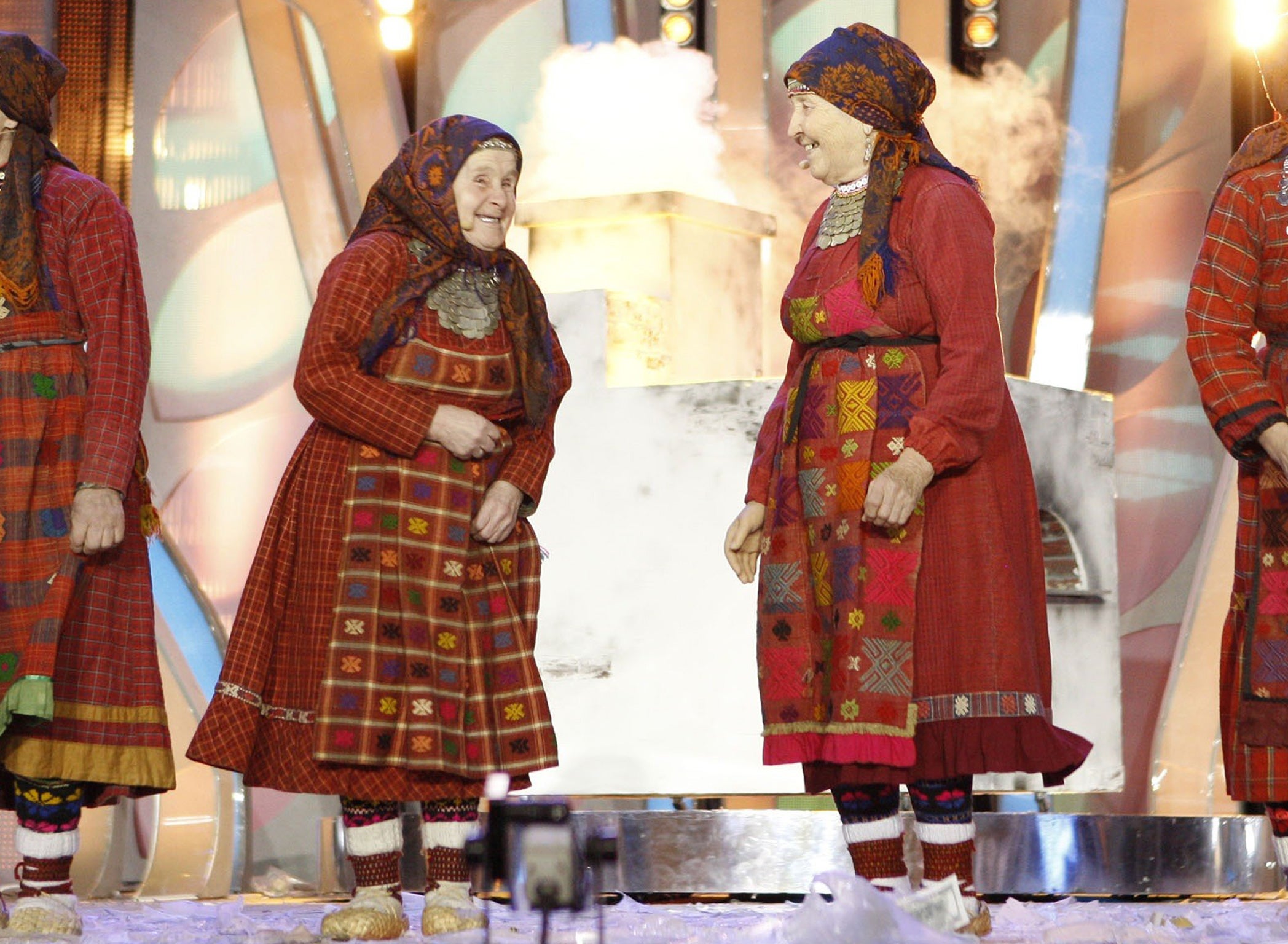Boom-bang-a-bust Glitz of Eurovision proves too costly for some in age of austerity
Portugal and Poland drop out because winning would be disaster

Your support helps us to tell the story
From reproductive rights to climate change to Big Tech, The Independent is on the ground when the story is developing. Whether it's investigating the financials of Elon Musk's pro-Trump PAC or producing our latest documentary, 'The A Word', which shines a light on the American women fighting for reproductive rights, we know how important it is to parse out the facts from the messaging.
At such a critical moment in US history, we need reporters on the ground. Your donation allows us to keep sending journalists to speak to both sides of the story.
The Independent is trusted by Americans across the entire political spectrum. And unlike many other quality news outlets, we choose not to lock Americans out of our reporting and analysis with paywalls. We believe quality journalism should be available to everyone, paid for by those who can afford it.
Your support makes all the difference.The Eurovision Song Contest has always divided opinion. For some, it is a hideous parade of cringeworthy kitsch, for others it is a matter of the utmost national pride.
But increasingly, the annual festival of camp is becoming an expense too far for cash-strapped European countries trying to implement austerity measures.
With that in mind, two nations have pulled out of next year's competition, to be held in Malmo, Sweden, citing financial concerns. Sweden won last year's tournament after singer Loreen beat the Buranovskiye Babushki, a group of singing grannies from an isolated Russian village, into top spot.
According to Eurovision custom, the winners are obliged to host the next tournament, and there were rumours last year that the Spanish entrants had been told to try not to win.
Now it seems that, rather than strive for nul points, countries are finding it easier to pull out of the event altogether, with both Poland and Portugal announcing their withdrawal in the past few days.
The Portuguese national broadcaster cited financial pressure as the main reason. The country was given a £63bn bailout by the EU last year, and saw violent clashes earlier this month as protesters fought with riot police over new austerity measures.
Amid the spending cuts, hosting a Eurovision Song Contest is the last thing that Lisbon needs. Given that the country has never finished above sixth place in the whole history of the competition, the government probably had little to worry about, but is clearly not going to take any chances.
Poland skipped last year's contest and has made the same decision again, citing financial pressures after its co-hosting of the European football championships this summer.
While for eurozone countries feeling the economic squeeze, hosting a Eurovision Song Contest is the last thing their governments want to splash out on, in recent years former Soviet countries have shown how seriously they take the contest.
When the Russian singer Dima Bilan won Eurovision in 2008, he was personally congratulated by Vladimir Putin, who promised a special show the next year. The Moscow Eurovision, which at the time was thought to have been the most expensive in history, was estimated to have cost around £25m to host, while the following year in Oslo came in at around £23m.
Last year's tournament in Baku dwarfed these figures, however.
Oil-rich Azer-baijan built the Crystal Hall, a concert arena seating 23,000, specially for Eurovision, and the event became something of a national rallying point. The President's wife was the head of the organising committee, and a huge PR campaign was launched to promote the country through Eurovision.
Critics said that the dictatorial government of President Ilham Aliyev used the glitz of Eurovision to mask serious human rights issues. Unofficial estimates said the Baku government may have spent up to £500m.
In the current climate, these are expenses to which Portugal and Poland have decided they can ill afford to risk exposing themselves.
Join our commenting forum
Join thought-provoking conversations, follow other Independent readers and see their replies
0Comments